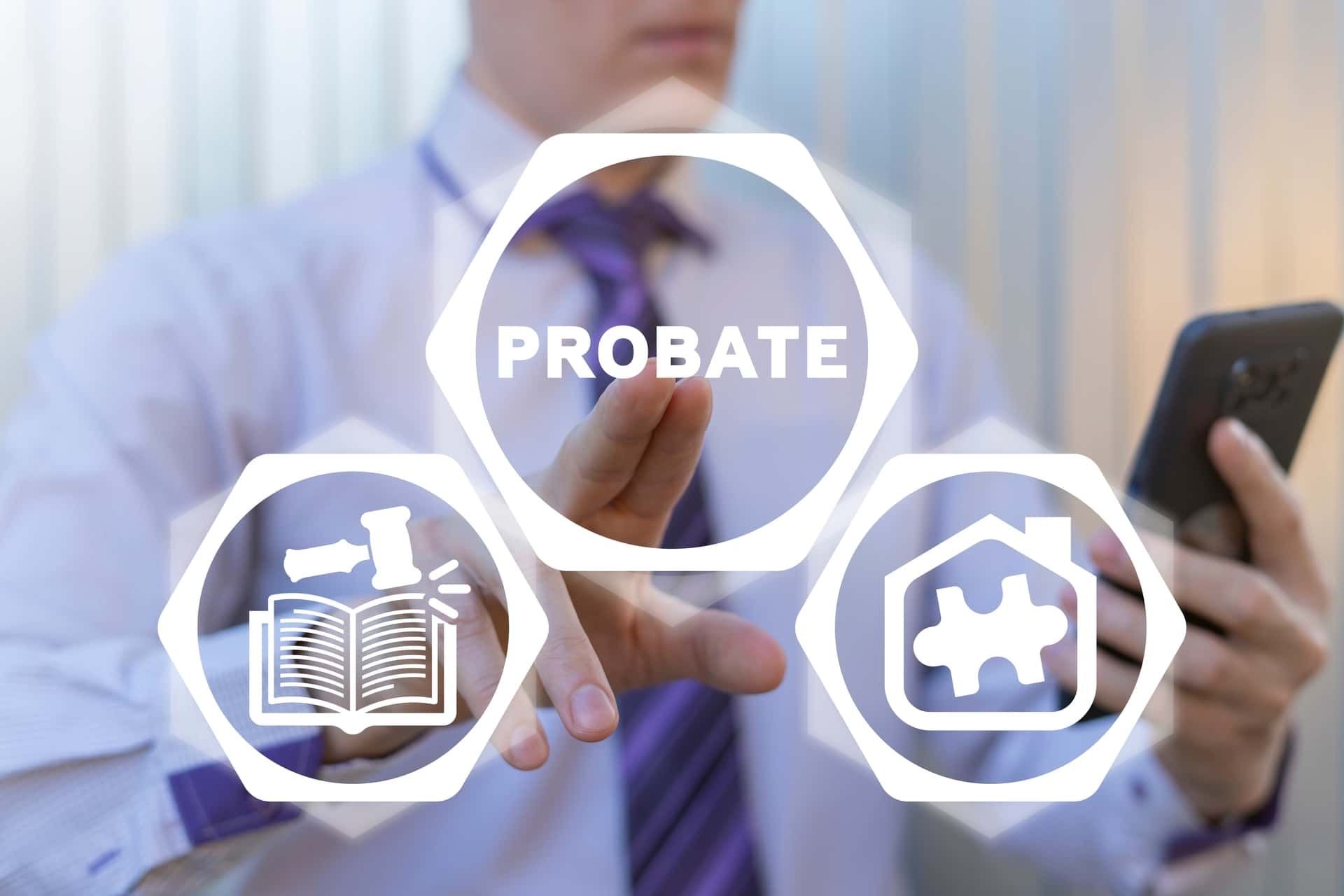Benefits Of A Trust vs. a Will: Which One Is The Right Choice?

When choosing the best means for your estate planning documents, there are a variety of options to choose from. Still, the most popular ones are wills and trusts. Both can protect your assets and provide you peace of mind, but they are very different.
When considering the benefits of a trust vs a will, you also have to be familiar with the disadvantages too, as this will help you get the full picture and make the best choice possible.
In this post, we’ll explore the differences between these two legal tools and determine how each can benefit your estate plan.
What is a Will?
A will is a document that describes an individual’s wishes about the distribution of their assets upon death. Generally speaking, a will names a personal representative who is tasked with carrying out the instructions included in the terms of the will. More importantly, it also names beneficiaries who are entitled to the decedent’s assets.
What is a Trust?
A trust is a legal entity that contains assets of a person. There are no rules here as the trust is pretty much governed by the terms outlined in the trust documentation. The person who manages these assets is referred to as the trustee, and similar to a will, they are named by the person who starts the trust.
Trusts are flexible, can fulfill many roles, and are often used not only for estate planning but also for asset protection and tax planning.
There are
different types of trusts, but we’ll focus on the most popular:
- Living trust: created and funded during the grantor’s lifetime. It’s typically used to avoid probate.
- Revocable living trust: similar to a regular living trust, the revocable living trust is created and funded while the grantor is alive. It can be revoked or changed during the grantor’s lifetime.
- Irrevocable living trust: an irrevocable living trust, while created, can’t be changed by the grantor. It’s normally used to minimize estate taxes or provide asset protection.
- Testamentary trust: created by the will of the decedent, a testamentary trust provides federal estate tax exemption while also allowing the grantor to distribute the assets according to their wishes.
Consult an estate attorney who can help you figure out which of these trusts will work best in your specific situation.
Key Differences Between Wills and Trusts
The glaring difference between the two is how they pass down property. A will only goes into effect upon your death, while you can distribute assets in the trusts while you’re still alive or after you pass away.
In a will, you appoint a personal representative (called executor outside Florida) who manages your estate upon your death and is in charge of carrying out your wishes. By contrast, a trust designates a trustee who can manage your assets according to your instructions during your lifetime or once you pass away.
Benefits of a Trust vs a Will
Now that you know the basics of these estate planning options, it’s time to go over the benefits of a trust vs a will in a bit more detail. Let’s start with trusts:
Benefits of a trust
Trusts are beneficial for both the grantor and the beneficiaries. For starters, the trust provides you with plenty of tax benefits and asset protection. Furthermore, you also have more control over your assets while you’re alive, while your beneficiaries retain that control once you pass away.
However, the biggest advantage is the fact that since assets in the trust are owned by the trust itself, it allows the family to distribute the assets without first going through probate court.
Since assets from the trust are distributed according to your wishes, you can provide for minor children, as well as disabled family members who may not be able to manage their own affairs. At the same time, you get to protect them from creditors and any ex-spouses.
Lastly, since you gain control over most aspects of the trust, you can use this to provide long-term financial security for your beneficiaries.
Benefits of a will
A will is very straightforward as it clearly expresses your wishes about the division of your assets. This helps alleviate some of the confusion over which assets go to whom, and it may also help sidestep any family disputes.
You can also appoint guardians to look after your children when you’re gone.
If written by an expert, wills can also minimize estate costs and taxes. This allows you to pass down the maximum amount of wealth to your beneficiaries with minimal deductions.
Is a Trust Better Than a Will?
Tough question. In reality, there’s no one clear path you should take as both estate planning tools are good for specific circumstances.
For example, if you want a straightforward estate plan or have a small estate, a last will and testament may have a slight edge (at least in that particular case).
On the other hand, if your family situation is complex, you have a minor child or a disabled relative, and you want to manage your wealth over generations, then trust is simply more flexible. In addition, you can
avoid probate and the associated probate costs.
Plus, if you have a large amount of assets, setting up a trust may also help protect your heirs from creditors, or at least help minimize your tax liability.
It’s also worth noting that you can use both a will and a trust in your estate plan. This may impart you and your beneficiaries with even more flexibility and some additional protection for your assets.
Set up an Effective Estate Plan With The Law Offices Of Mary E. King
The choice strictly depends on your needs - maybe you don’t want the assets to go through probate to preserve your estate’s privacy, or maybe you want your beneficiaries to receive their assets once certain conditions are met.
Regardless, to set up an effective estate plan, you need help from an estate planning attorney.
Here at the
Law Offices of Mary E. King, we can explain how a will and a trust can interact with one another. We can also help you go beyond that by using other types of documents that may better benefit your estate.
Because we’ve done this for 20 years, you can trust our experience and prior results. After all, we didn’t become one of the top Florida estate planning law firms by accident.
Protect your wealth - call
941-906-7585 or
fill out our contact form to get started.
FAQs
1. Which is cheaper to set up, a trust or a will?
Setting up a will is generally more affordable than establishing a trust due to its simplicity and straightforward nature.
2. Can I change the terms of a trust or will after it's created?
Both trusts and wills can be amended or revised during your lifetime to accommodate changing circumstances.
3. How do I decide between a trust and a will for my estate?
Consider factors like estate size, distribution complexity, privacy concerns, and personal preferences when choosing between a trust and a will.
4. Are trusts only for the wealthy?
No, trusts can benefit individuals with varying estate sizes, providing control over asset distribution and privacy.
5. Do I need both a trust and a will?
Depending on your circumstances, having both a trust and a will can offer comprehensive estate planning, ensuring all assets are covered.
Note:
The information in this blog post is for reference only and not legal advice. As such, you should not make legal decisions based on the information in this blog post. Moreover, there is no lawyer-client relationship resulting from this blog post, nor should any such relationship be implied. If you need legal counsel, please consult a lawyer licensed to practice in your jurisdiction.
Disclaimer: The information on this website and blog is for general informational purposes only and is not professional advice. We make no guarantees of accuracy or completeness. We disclaim all liability for errors, omissions, or reliance on this content. Always consult a qualified professional for specific guidance.
RECENT POSTS
CONTACT US






